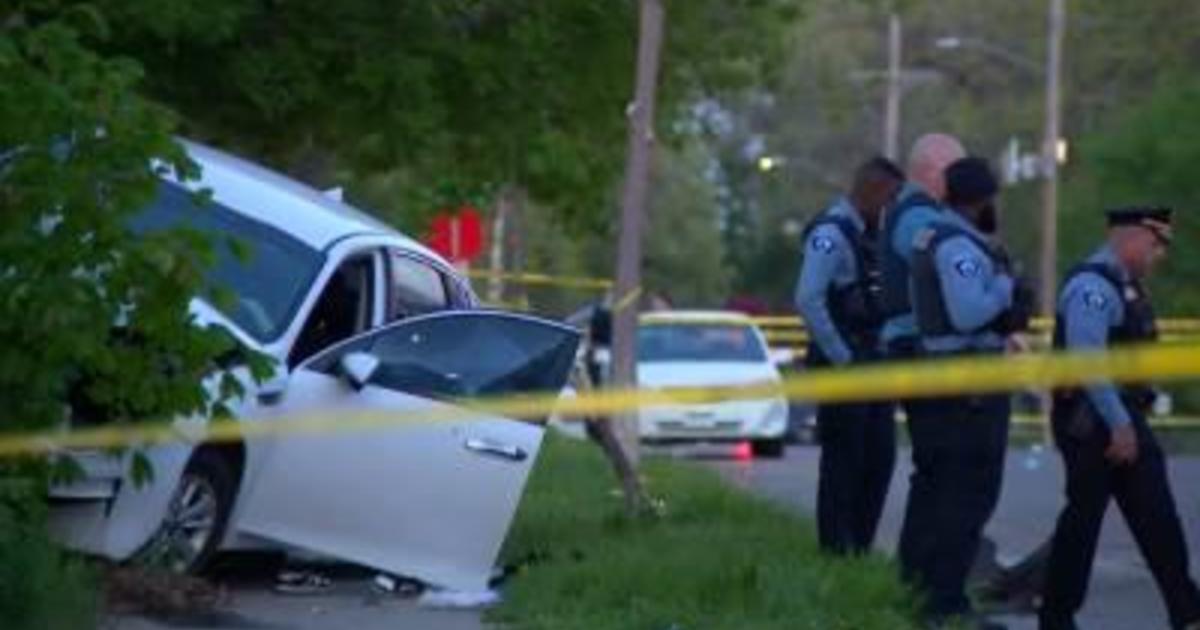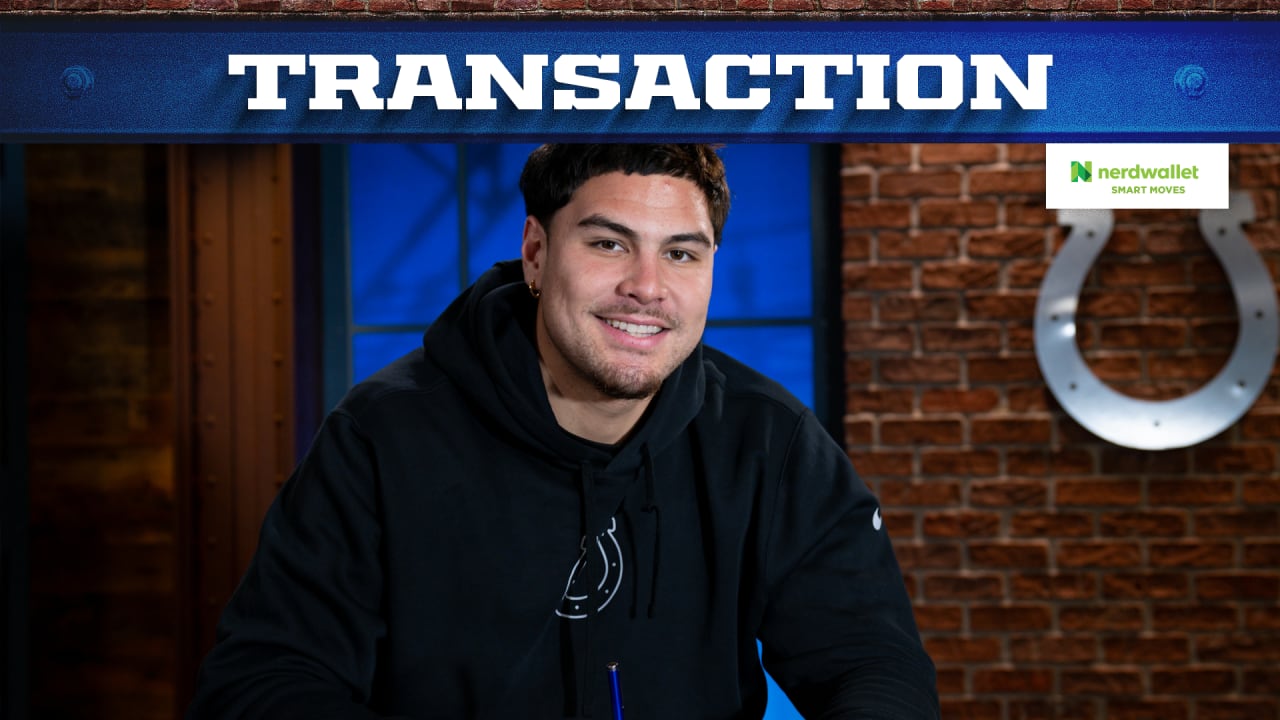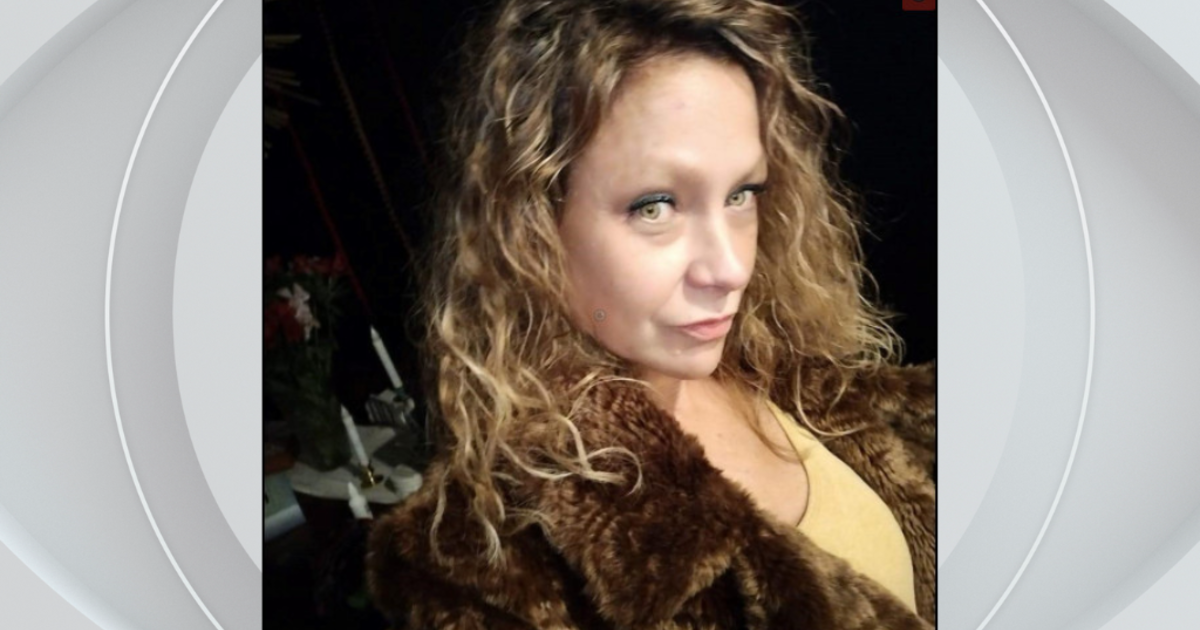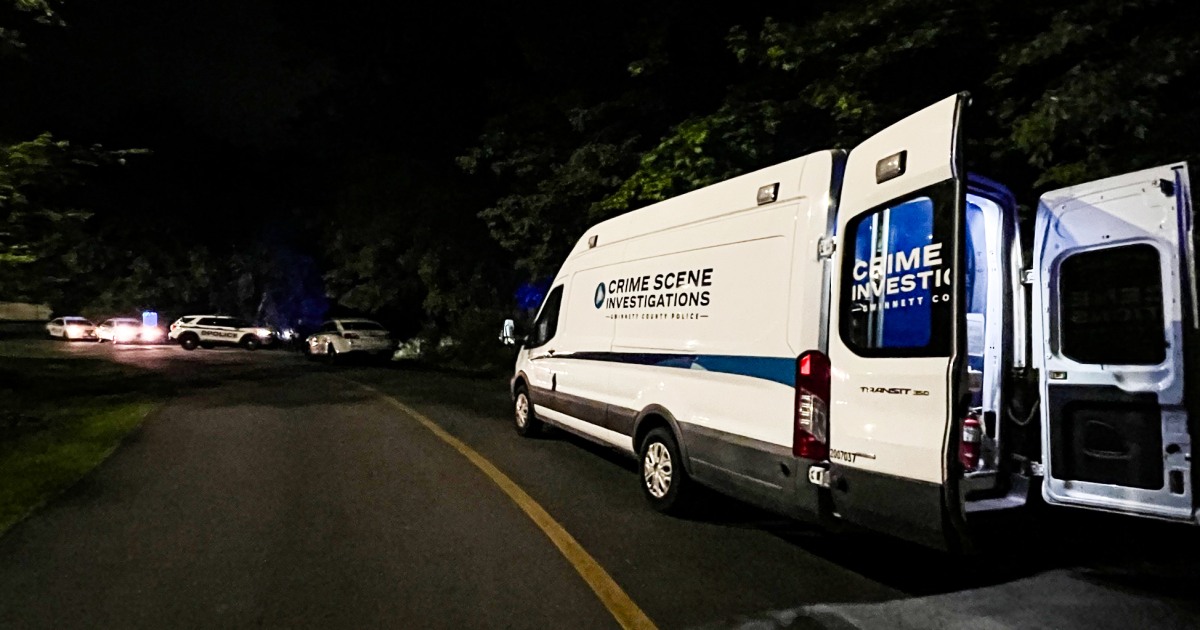Kansas
GOP lawmakers, Democratic governor in Kansas fighting again over income tax cuts

TOPEKA, Kan. — Top Republican legislators in Kansas have renewed a fight with the Democratic governor over income tax cuts that have drawn bipartisan criticism as favoring the wealthy, with no sign of a break in an impasse that thwarted tax relief last year.
The House was scheduled to vote Thursday on a GOP plan for cutting income, sales and property taxes by a total of $1.6 billion over three years. The Senate approved it Wednesday, 25-11, but with four members absent, it appeared that Republican supporters were at least a vote short of a two-thirds majority in the 40-member chamber needed to override an expected veto from Gov. Laura Kelly.
Top Republicans want to impose a single personal income tax rate of 5.25%, replacing three rates that top out at 5.7%, starting in 2025. Kelly strongly opposes the idea, and projections from the state Department of Revenue have shown that with a single rate, the largest savings in raw dollars would go to people with incomes exceeding $250,000 a year.
The dispute over the single-rate or “flat” plan blocked a large tax cut in Kansas last year, when a dozen other states cut taxes, according to the conservative-leaning Tax Foundation. Kansas now expects to have nearly $4.5 billion in surplus cash at the end of June, equal to 17% of the state’s current $25 billion budget.
“We need to give the money back,” said state Sen. Mike Thompson, a conservative Kansas City-area Republican.
GOP lawmakers who drafted the plan included provisions that would exempt the first $20,300 of a married couple’s income from state taxes — more if they have children, with the amounts rising with inflation after 2025. Backers noted that all income groups would see cuts and that some poor families would see their tax burdens erased.
Republican leaders married the income tax proposals to a proposal from Kelly to eliminate the state’s 2% sales tax on groceries starting April 1 and proposals she embraced to exempt all of retirees’ Social Security income from taxes and to lower homeowners’ property taxes.
“We gave her a lot of stuff in this legislation,” said Republican Sen. Caryn Tyson, the Senate tax committee’s chair.
Lawmakers were acting in the first 14 days of their annual 90-day legislative session. GOP leaders treated the tax issues involved as familiar and expedited up-or-down votes on a plan in each chamber.
Kelly outlined her own proposals for sales, property and Social Security taxes last week. Her income tax proposal would increase the standard deductions that all individual filers claim. Her entire plan would cut taxes by a total of $1.1 billion over three years.
Kansas is debating tax cuts at a time when the nationwide tax-cutting trend may be slowing as a revenue surge fueled by federal spending and inflation recedes. Backers of Kelly’s plan argue that it’s more affordable for the state in the long term, eventually costing $324 million a year in revenues, compared with $583 million under the Republican plan. GOP lawmakers dispute that, but neither side has made their longer-term projections public.
Kelly still cites an aggressive tax-cutting experiment in 2012 and 2013 under Republican Gov. Sam Brownback that was followed by large, persistent budget shortfalls until most of the cuts were reversed in 2017.
“Kansans have seen reckless tax experiments that hurt our schools, roads, and economy before, and they don’t want to go back,” Kelly spokesperson Brianna Johnson said in an email.
Neva Butkus, a state policy analyst for the left-leaning Institute on Taxation and Economic Policy, said the GOP package would widen the gap between the poorest families, who already pay a higher percentage of their incomes in taxes, and the wealthiest.
Butkus said while provisions of the package would help poor families, “It is definitely not capable of counteracting the giant tax cut that you’d be seeing at the top.”
But some Republicans argued that a simpler income tax system is fairer and said Kansas needs to become more competitive with other states. The Tax Foundation said in a 2022 report that Kansas residents pay more of their incomes in taxes than residents of most surrounding states.
In 2022, Iowa moved to a flat tax, initially set at 4.4% but scheduled to drop eventually to 3.9%. Now, GOP Gov. Kim Reynolds is pushing to cut the rate to $3.65% for this year.
Kansas Senate President Ty Masterson, a Wichita-area Republican, said retaining an income tax with multiple rates would keep Kansas “behind the eight ball” economically.
“It’s not the future,” he said.

Kansas
Kansas man pleads guilty to helping steal Jackie Robinson statue

A man accused of helping steal and damage the bronze statue of baseball legend Jackie Robinson in Wichita, Kansas, pleaded guilty to the charges against him on Thursday, according to Sedgwick County District Court.
Ricky Alderete, 45, from Wichita, admitted to helping steal the statue from Jackie Robinson Pavilion in McAdams Park in January of this year and placing it in a pickup truck.
Alderete was among the suspects who authorities say cut off the statue at the ankles, leaving behind only Robinson’s feet. At the time, officials estimated the damage to be around $75,000.
Surveillance video captured at least three individuals entering Jackie Robinson Pavilion around midnight on Jan. 25, removing and departing with the statue, authorities previously said.
The statue was discovered dismantled and burned in a trash can fire on Jan. 30 in Garvey Park, authorities said.
A bronze statue of legendary baseball pioneer Jackie Robinson was stolen from a park in Wichita, Kan., Jan. 25, 2024.
Travis Heying/The Wichita Eagle via AP
On Thursday, Alderete pleaded guilty to aggravated burglary, aggravated criminal damage to property, interference with law enforcement, criminal damage to property, theft, making a false writing, and identity theft, according to a press release from prosecutors.
District Judge Tyler Roush told Alderete the maximum sentence is 229 months, or over 19 years, in prison and six months in jail. Judge Roush also said he could order Alderete to pay $41,500 to League 42.
The statue was crafted by artist John Parsons and donated to the community by League 42, a nonprofit named after Robinson’s number with the Brooklyn Dodgers that aims to introduce baseball to the youth of Wichita.
According to the Associated Press, League 42 paid about $50,000 for the sculpture, which was installed in 2021.
Alderete is scheduled to be sentenced on July 1.
Robinson is known for being the first baseball player to break the color barrier in the modern era of Major League Baseball. He played for the Kansas City Monarchs in the Negro leagues and the minor league Montreal Royals before being signed to the Brooklyn Dodgers in 1947.
The signing signaled the end of segregated baseball and led to other Black players joining the major leagues. During his time with the Dodgers, Robinson won Rookie of the Year in 1947, was named National League MVP in 1949, was a six-time All-Star and won the World Series in 1955.
Kansas
Yelp releases Top 100 BBQ spots for 2024. No Kansas City restaurants made the top 5.

KANSAS CITY, Mo. (KCTV) – Ahead of the Great Lenexa BBQ Battle in June, Yelp released its list of the top 100 Barbecue spots in the US. Surprisingly, no Kansas City restaurant made the top 5.
However, five of Kansas City’s favorites rightfully made the list.
The No. 6 spot was given to Joe’s Kansas City. The description included the fact Joe’s KC has won nearly every major Barbecue competition in the country. The opening of Joe’s was at a gas station in 1996, and Joe’s still stands out to this day – known for its spices, rubs, marinades and over 3,500 5-star reviews.
The other Kansas City spots making the list were Q39 Midtown at No. 15, and Scott’s Kitchen and Catering at Hangar 29 taking spot No. 35. Coming in at No. 95 is Slap’s BBQ, and barely making the cutoff at No. 98 is Char Bar- Westport.
Restaurant criteria included regional flavors, time to prepare meat to tender perfection, and what’s beyond the meat.
If you plan on traveling soon, check out Yelp’s full list of ratings to see if any of these restaurants compare to your Kansas City favorite.
READ ALSO: KCK Mayor proposes allowing food trucks to stay open past midnight as debate continues
Copyright 2024 KCTV. All rights reserved.
Kansas
Kansas anti-abortion groups celebrate legislative wins. What that means for patients.
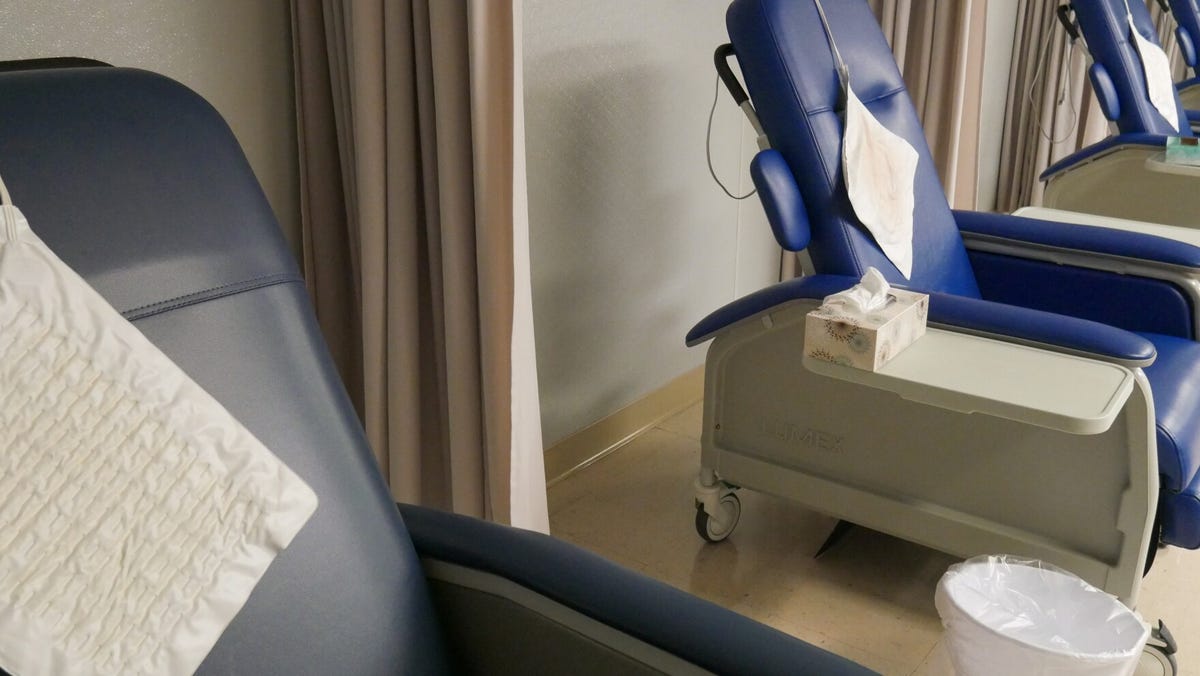
Anti-abortion advocates are celebrating legislative victories in Kansas, where Republican lawmakers successfully passed measures that will force abortion patients to report more information to state officials, make it easier to prosecute people for coercing someone to get an abortion and allot more money to anti-abortion counseling centers.
“Now is the time to utilize these new tools and get to work helping women and saving as many babies from the profit-driven abortion industry as possible,” Jean Gawdun, director of government relations for the anti-abortion group Kansans for Life, said in a news release.
Abortion remains legal in Kansas until 22 weeks gestation after voters in 2022 overwhelmingly rejected a proposed constitutional amendment that would have enabled lawmakers to ban it.
The state already restricts abortion in a number of ways, including requiring minors to get parental consent and limiting which health care providers can offer the procedure. Several other restrictions, like a 24-hour waiting period, are on hold due to an ongoing court case.
But the new laws — passed by Republicans overriding vetoes from Democratic Gov. Laura Kelly in the final days of lawmaking — will expand those restrictions.
Emily Wales, president and CEO of Planned Parenthood Great Plains Votes, said they’re designed to stigmatize reproductive health care.
“Under the new laws, patients will be confused, resources will be squandered, and people will be interrogated about their reasons for seeking care,” she said in an emailed statement. “We know and trust people to make decisions that are best for them, free from unnecessary burdens, shame, and government coercion.”
Advocates say ‘abortion coercion’ law misses the mark
One law will make it easier to prosecute someone for coercing someone to get an abortion, creating a new felony punishable by up to 25 years in prison. The measure was a priority of anti-abortion groups, who say they frequently talk to women who feel pressure to get abortions from partners, family members and sometimes doctors.
“For too many women, the right to choose abortion has become the duty to have an abortion for the benefit of other people,” Gawdun said during a legislative hearing.
But organizations that help victims of domestic violence say they’re disappointed lawmakers rejected calls to broaden the law to address other types of reproductive coercion, like tampering with someone’s birth control or pressuring them into becoming pregnant.
Those types of coercion have shown up more frequently in Kansas Coalition Against Sexual and Domestic Violence executive director Michelle McCormick’s work.
“It was much more frequent, in my experience, that a victim or survivor was being pressured into either having children when they wouldn’t want to or having their chosen form of birth control hidden from them,” she said in an interview.
Amanda Meyers, director of the Wichita Family Crisis Center, said abusers sometimes force their partners to have children with them out of a desire to permanently tether them to the other person. She noted that pregnancy is often a particularly dangerous time for victims of domestic violence.
“Probably less than a handful of times have I seen (abortion coercion) arise with my clients,” she said, “but reproductive coercion or coercion around family planning is happening in 90 to 99% of the cases.”
Democratic Rep. Jo Ella Hoye introduced an amendment to address those concerns in a House committee. The Republican-led committee initially approved it, but the amendment was omitted from the Senate version of the bill that lawmakers eventually passed.
McCormick called it a missed opportunity.
“While we were hopeful that the Legislature would have taken the opportunity to address all tactics of reproductive coercion that survivors of domestic and sexual violence experience (those not addressed in this bill or current Kansas law), we are appreciative to those Legislators who responded to to our concerns, asked thoughtful questions, and showed their support for addressing reproductive coercion,” she said in an email.
In a note accompanying her veto of the bill, the governor said she agrees that no one should be coerced into getting an abortion, but said she was concerned with what she described as the bill’s vague language.
“This overly broad language risks criminalizing Kansans who are being confided in by their loved ones or simply sharing their expertise as a health care provider,” Kelly said.
Lawmakers overrode her veto 28-10 in the Senate and 85-40 in the House. In a news release following the votes, Republican House leadership called her veto “negligent” and said they were “proud to stand together against abuses such as sex trafficking and sexual abuse that accompany abortion coercion.”
New questions for abortion patients
Starting July 1, Kansas abortion providers must begin asking patients why they’re getting an abortion, whether they’ve recently experienced domestic violence and information about their current living situation. Providers must then give that information to the state health department, which will publish it in a biannual report.
Officials currently publish an annual report about abortion statistics that includes demographic information about patients’ age, race, marital status and county of residence.
During legislative hearings, proponents of the law said the expanded information would help lawmakers and nonprofit organizations, including anti-abortion counseling centers, better understand why people get abortions in Kansas. They could then, they argued, provide more resources that might reduce abortion rates.
But opponents said the questions are intrusive and serve no medical purpose.
“Voters do not want politicians getting between doctors and their patient by interfering in private medical decisions,” Kelly wrote about her veto of the law last month. “There is no valid medical reason to force a woman to disclose to the legislature if they have been a victim of abuse, rape, or incest prior to obtaining an abortion.”
Lawmakers had just enough votes to override Kelly’s veto — 27-10 in the Senate and 84-41 in the House.
“The Governor’s unreasonable fear of this data collection is nothing but a roadblock to helping serve these vulnerable women better,” Republican House leadership said in a statement.
Wichita-based abortion provider Trust Women denounced the veto override.
“This means that patients from Kansas, Texas, Oklahoma, Arkansas, and Missouri who come to our clinics for care will be subjected to a round of invasive questions that have the potential to hurt their healthcare experience and invade their personal privacy,” the clinic said in a social media post.
Money for anti-abortion groups
Lawmakers also passed measures that will help fund anti-abortion counseling centers by renewing a $2 million annual grant and allotting up to an additional $10 million per year through a sweeping tax credit that will reimburse donors for up to 70% of their charitable contributions to the centers.
The centers, often called “crisis pregnancy centers” or “pregnancy resource centers,” provide free resources like baby supplies and parenting classes to people with unwanted pregnancies. Proponents say they’re a lifeline for pregnant mothers facing financial hardship.
But critics say they sometimes mislead vulnerable women and spread disinformation designed to dissuade them from getting abortions. Health experts say they also sometimes encourage women to obtain unproven medical treatments like “abortion pill reversal,” which major medical groups denounce. (Last year Kansas lawmakers passed a law requiring all doctors to inform abortion patients about the treatment, but a judge temporarily blocked it.)
In a line-item veto, Kelly struck down the $2 million contract renewal. She also vetoed the tax credit law, saying in a statement that it’s inappropriate to direct tax dollars to the “largely unregulated” centers. Lawmakers overrode both actions.
Abortion bills that didn’t pass in Kansas legislative session
Some abortion-related proposals died, including bills that would require Kansans to have an obstetric ultrasound prior to getting an abortion. Kansas already has a law requiring this, but a judge temporarily blocked it due to a lawsuit that alleges the law — which also imposes a 24-hour waiting period and requires providers to give patients information designed to discourage them from getting an abortion — is unconstitutional.
Lawmakers failed to pass bills that would restrict abortion providers from purchasing liability insurance from a state fund and allow children injured during a failed abortion to sue the abortion provider.
Two bills that would ban abortion in nearly all cases were introduced, but did not progress.
Backers say such proposals are symbolic because they would almost certainly violate the Kansas Constitution.
Last week, lawmakers passed a bill that would enable pregnant women to collect child support beginning at conception, a key goal of state and national anti-abortion groups. Reproductive rights groups lobbied against the proposal, raising concerns it could strengthen a legal concept known as “fetal personhood” in Kansas — something legal experts say could lead to future restrictions on abortion, in vitro fertilization and other reproductive health care.
Kelly is expected to veto it, and it’s unclear whether Republicans will have the time — or votes — to override her. The regular legislative session is over, but lawmakers will need to return to the Statehouse for a special session in the coming weeks to pass a tax bill.
Rose Conlon reports on health for KMUW and the Kansas News Service.
-

 World1 week ago
World1 week agoStrack-Zimmermann blasts von der Leyen's defence policy
-

 Politics1 week ago
Politics1 week agoStefanik hits special counsel Jack Smith with ethics complaint, accuses him of election meddling
-

 Politics1 week ago
Politics1 week agoThe White House has a new curator. Donna Hayashi Smith is the first Asian American to hold the post
-

 Politics1 week ago
Politics1 week agoDemocratic mayor joins Kentucky GOP lawmakers to celebrate state funding for Louisville
-

 World1 week ago
World1 week agoTurkish police arrest hundreds at Istanbul May Day protests
-

 News1 week ago
News1 week agoVideo: Police Arrest Columbia Protesters Occupying Hamilton Hall
-

 Politics1 week ago
Politics1 week agoNewsom, state officials silent on anti-Israel protests at UCLA
-

 News1 week ago
News1 week agoPolice enter UCLA anti-war encampment; Arizona repeals Civil War-era abortion ban







